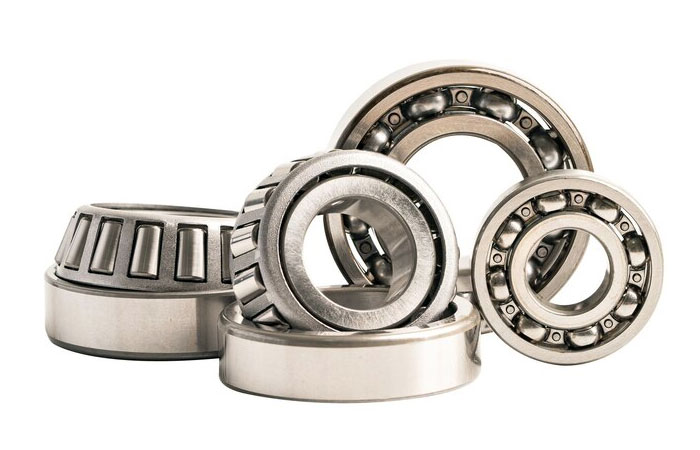Rolling bearings are critical components in heavy engineering, facilitating the smooth and efficient operation of various machinery and equipment. They reduce friction, support loads, and enhance the performance and lifespan of mechanical systems. This article explores the types, applications, and advancements in rolling bearings, focusing on their role in heavy engineering industries.
Types of Rolling Bearings
Rolling bearings are categorized based on their design and the type of rolling element they use.
The main types include:
Ball Bearings: These bearings use balls as rolling elements and are ideal for handling both radial and axial loads. They are commonly used in applications where low friction and high-speed rotation are required.
Roller Bearings: These bearings use cylindrical, tapered, spherical, or needle-shaped rollers. They can support heavier loads than ball bearings and are suitable for applications with high radial loads.
Cylindrical Roller Bearings: Known for their high radial load capacity and low friction, they are used in gearboxes, electric motors, and pumps.
Tapered Roller Bearings: These bearings can handle both radial and axial loads and are widely used in automotive and industrial machinery.
Spherical Roller Bearings: Suitable for heavy radial and axial loads, they are commonly used in mining and construction equipment.
Needle Roller Bearings: These have a high load-carrying capacity and are used in applications with limited radial space, such as in automotive transmissions.
Thrust Bearings: Designed to handle axial loads, these bearings are used in applications like rotary tables, cranes, and marine applications.
Applications in Heavy Engineering
Heavy engineering industries such as mining, construction, steel manufacturing, and energy generation rely heavily on rolling bearings for their operations.
Key applications include:
Mining Equipment: Bearings in mining machinery endure extreme conditions, including heavy loads, dirt, and vibrations. Spherical and cylindrical roller bearings are commonly used in conveyor systems, crushers, and vibrating screens.
Construction Machinery: Equipment like excavators, cranes, and bulldozers use rolling bearings to ensure reliable operation. Tapered and spherical roller bearings are favored for their ability to withstand heavy loads and harsh environments.
Steel Manufacturing: Rolling mills and furnaces require bearings that can operate at high temperatures and under significant loads. Cylindrical and spherical roller bearings are essential in these applications.
Energy Generation: Wind turbines, hydroelectric dams, and thermal power plants use rolling bearings in turbines, generators, and gearboxes. These bearings must be highly reliable and durable to minimize maintenance and downtime.
Advancements in Bearing Technology
Recent advancements in bearing technology have led to improved performance and extended service life, particularly in heavy engineering applications.
Key developments include:
Material Innovations: The use of advanced materials such as ceramic, hybrid, and high-performance steels enhances bearing durability, reduces friction, and improves resistance to wear and corrosion.
Lubrication Systems: Innovative lubrication solutions, including solid lubricants and advanced grease formulations, help reduce maintenance intervals and enhance bearing performance in extreme conditions.
Sealing Technologies: Improved sealing mechanisms protect bearings from contaminants, extending their lifespan and ensuring reliable operation in harsh environments.
Condition Monitoring: Integration of sensors and condition monitoring systems enables real-time tracking of bearing performance, allowing for predictive maintenance and reducing the risk of unexpected failures.
Customized Solutions: Manufacturers are increasingly offering customized bearing solutions tailored to specific applications, ensuring optimal performance and longevity.
Conclusion
Rolling bearings are indispensable in heavy engineering, providing critical support for machinery and equipment. Continuous advancements in bearing technology are driving improvements in performance, reliability, and service life, ensuring that these essential components meet the demanding needs of heavy engineering industries. As technology evolves, the role of rolling bearings in enhancing efficiency and productivity in these sectors will only become more significant.



